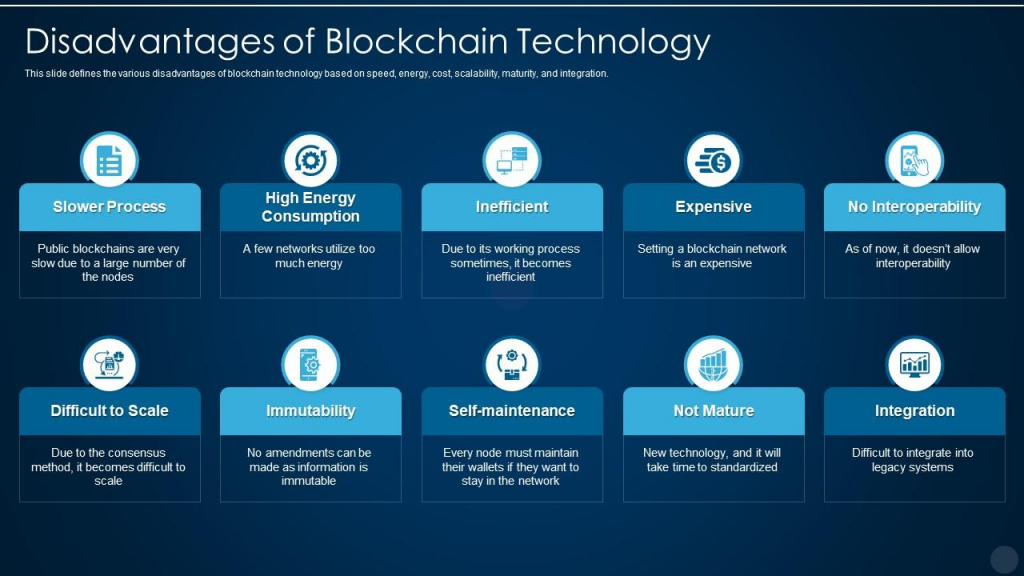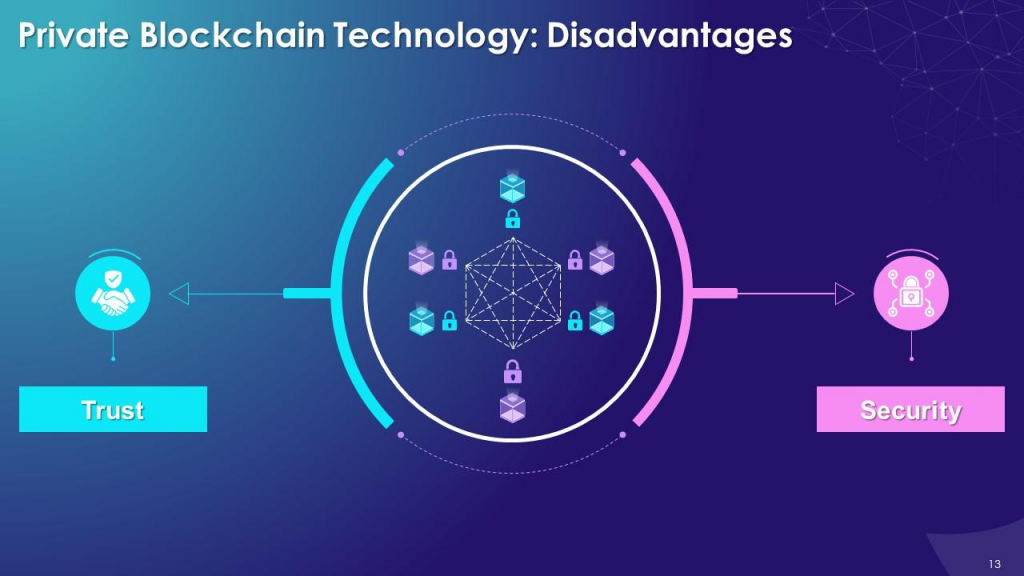
Blockchain technology has been rapidly gaining popularity in recent years, with the rise of cryptocurrencies such as Bitcoin and Ethereum. However, there are two distinct types of blockchains – public and private. In this article, we will explore the differences between these two types of blockchains and their respective advantages and disadvantages.
Public Blockchains
Public blockchains are open to everyone and anyone can participate in the network. They are decentralized, meaning that there is no central authority that controls the network. Transactions on a public blockchain are validated by the network’s nodes, which are essentially computers that are connected to the network.
Advantages of Public Blockchains
One of the key advantages of public blockchains is their transparency. Anyone can view the transactions on the network, making it difficult for fraudulent activity to occur. This transparency also ensures that there is no central authority that can manipulate the network or change the rules.
Another advantage of public blockchains is their security. Because the network is decentralized, it is much harder for hackers to attack the network. In addition, the use of cryptography ensures that transactions are secure and cannot be altered.
Disadvantages of Public Blockchains

One major disadvantage of public blockchains is their scalability. Because anyone can participate in the network, the number of transactions that can be processed is limited. This can result in slow transaction times and higher fees.
Another disadvantage of public blockchains is their lack of privacy. Because transactions are publicly visible, anyone can see who is sending and receiving funds. This can be a concern for individuals or businesses who want to keep their financial transactions private.
Private Blockchains
Private blockchains, on the other hand, are closed networks that are only accessible to authorized users. They are often used by businesses or organizations that want to keep their transactions private and secure. In a private blockchain, transactions are validated by a select group of nodes, rather than the entire network.
Advantages of Private Blockchains
One advantage of private blockchains is their scalability. Because the network is closed and only accessible to authorized users, the number of transactions that can be processed is much higher than on a public blockchain. This can result in faster transaction times and lower fees.
Another advantage of private blockchains is their privacy. Because the network is closed, transactions are only visible to authorized users. This can be a benefit for businesses or organizations that want to keep their financial transactions confidential.
Disadvantages of Private Blockchains

One major disadvantage of private blockchains is their lack of transparency. Because the network is closed, it can be difficult to verify transactions or ensure that they are being conducted fairly. This can be a concern for individuals or businesses that rely on transparency to operate.
Another disadvantage of private blockchains is their security. Because the network is closed, it is more susceptible to attacks from hackers or malicious actors. In addition, the use of a select group of nodes to validate transactions can make the network more vulnerable to attacks.
Conclusion
In conclusion, both public and private blockchains have their own advantages and disadvantages. Public blockchains offer transparency and security, but are limited in their scalability and lack privacy. Private blockchains offer scalability and privacy, but are limited in their transparency and can be less secure. Ultimately, the decision of which blockchain to use will depend on the specific needs of the individual or organization.
- Why Can’t I Make Create A New Folder on External Drive on Mac – Solved - April 28, 2024
- Tips on How to Become a DevOps Engineer - April 28, 2024
- Computer Programming Education Requirements – What You Need to Know - April 28, 2024

